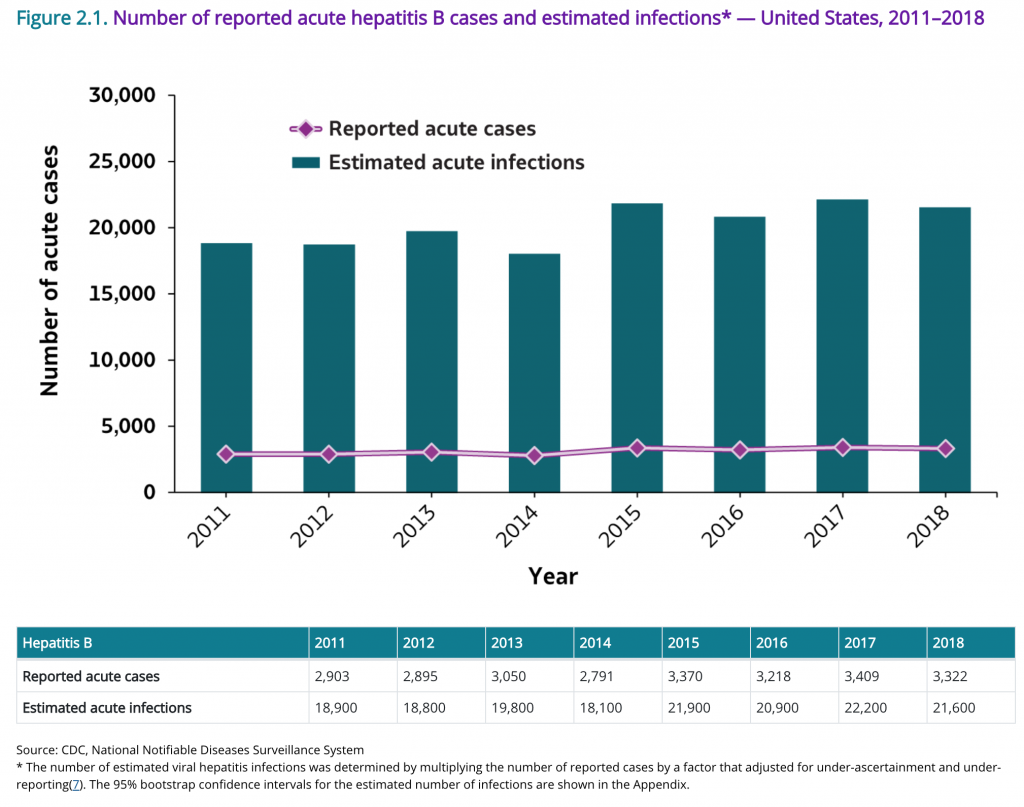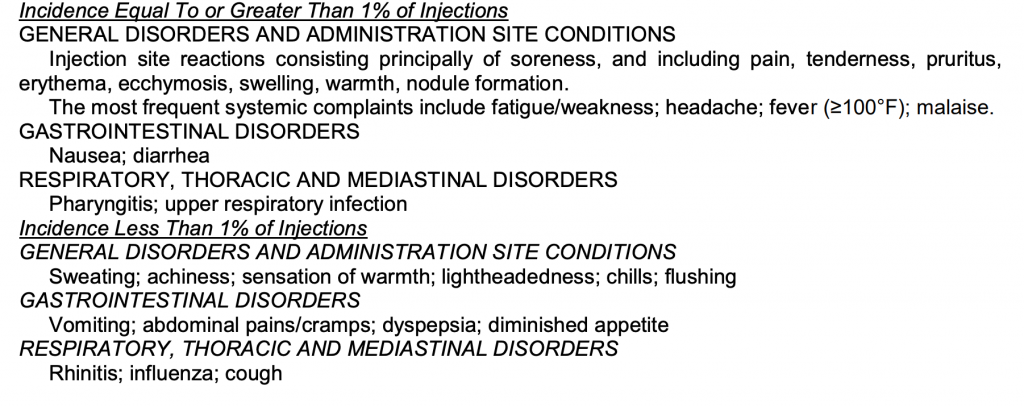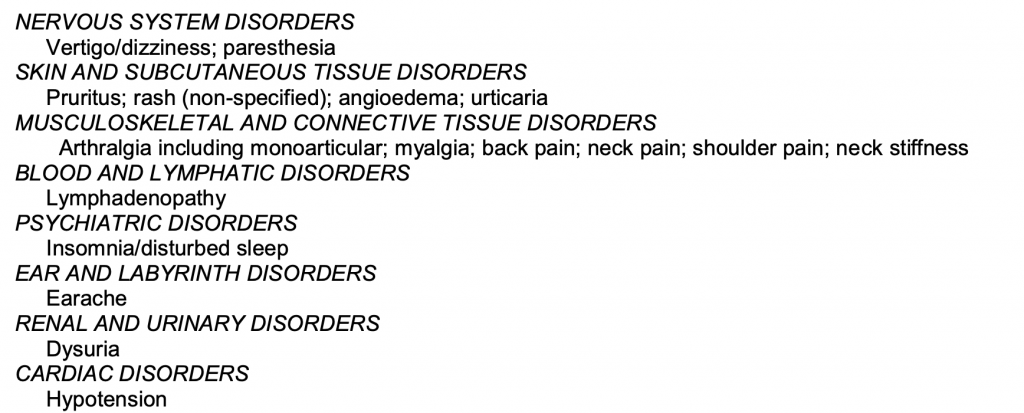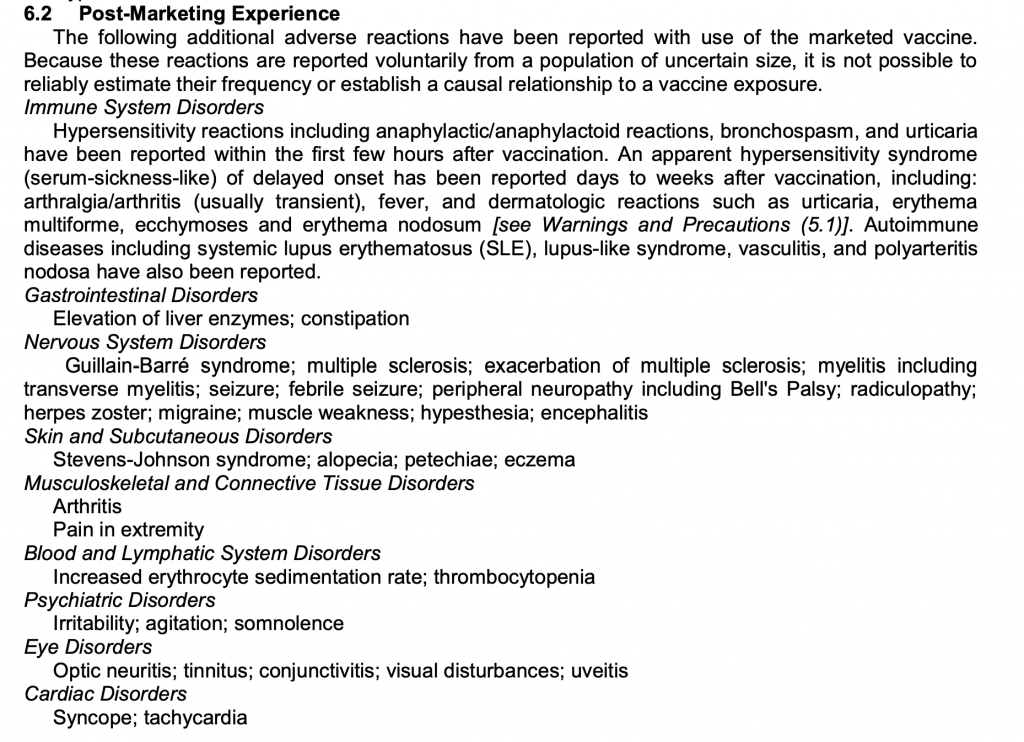When does the CDC recommend getting the Hep B vaccine? At birth, 2mo & 6mo. Does every baby need this vaccine on their day of birth? Let’s go over a few things…
What is Hep B and who is most at risk? Hep B is a liver infection. Straight form Mayo Clinic, ” Hepatitis B infection is caused by the hepatitis B virus (HBV). The virus is passed from person to person through blood, semen or other body fluids. It does not spread by sneezing or coughing.
Common ways that HBV can spread are:
- Sexual contact. You may get hepatitis B if you have unprotected sex with someone who is infected. The virus can pass to you if the person’s blood, saliva, semen or vaginal secretions enter your body.
- Sharing of needles. HBV easily spreads through needles and syringes contaminated with infected blood. Sharing IV drug paraphernalia puts you at high risk of hepatitis B.
- Accidental needle sticks. Hepatitis B is a concern for health care workers and anyone else who comes in contact with human blood.
- Mother to child. Pregnant women infected with HBV can pass the virus to their babies during childbirth.” (mayoclinic.org)
A summary of how it is spread from Hep B facts,
“Direct contact with infected blood
Unprotected sex
Dirty or unsterile needles (IV drug use, tattoo/piercing needles)
Living in a household with an infected person
An infected mother to her newborn baby during pregnancy or childbirth
(Sharing razors, toothbrushes, nail clippers, earrings or body jewelry with an infected person, Human bites from an infected person, Unsterilized instruments used by roadside dentists, doctors, and barbers)
Who is most at risk?
Children born to mothers who are infected with HBV
People who live in close household contact with a chronically infected individual
Children adopted from a country where HBV is prevalent
Individuals who have unprotected sex or have more than one sexual partner within a 6-month period
People who have been diagnosed with a sexually transmitted disease (STD)
Men who have sex with men
Individuals who share needles and syringes
Health care providers and emergency responders
People who are undergoing kidney dialysis
Individuals who live or work in an institutional setting, such as a prison or group home” (Hepb.org facts)
From Mayo-clinic, “Signs and symptoms of hepatitis B range from mild to severe. They usually appear about one to four months after you’ve been infected, although you could see them as early as two weeks post-infection. Some people, usually young children, may not have any symptoms.
What are symptoms of Hep B?
“Abdominal pain
Dark urine
Fever
Joint pain
Loss of appetite
Nausea and vomiting
Weakness and fatigue
Yellowing of your skin and the whites of your eyes (jaundice)” (mayoclinic.org)
From HHS.gov, “In the United States, rates of new HBV infections are highest among adults aged 40-49 years, reflecting low hepatitis B vaccination coverage among adults at risk. The most common risk factor among people with new HBV infections is injecting drugs, related to the opioid crisis.
The highest rates of chronic hepatitis B infection in the United States occur among foreign-born individuals, especially people born in Asia, the Pacific Islands, and Africa. Approximately 70% of cases in the United States are among people who were born outside of the United States.…Other groups who have higher rates of chronic HBV infection include people who inject drugs and men who have sex with men. (hhs.gov/hep)
Here is a chart from the CDC of reported acute hep B cases and estimated infections each year from 2011 to 2018.

If you take 327.2 Million people in the US in 2018 and divide by the estimated acute infections 21,600 your risk of estimated acute infection in 2018 would be 1 in 15,148. If you divide the population by the actual reported acute cases of 3,322 for the year it would be 1 in 98,495 for 2018.
Remember, this is based solely on number and excludes other risk factors that could make you more or less likely of getting it.
A few questions: Are you pregnant and have Hep B, are you living with someone who has Hep B, are you sharing razors, toothbrushes etc. with someone who has it, are you having sex with multiple partners, are you homosexual, are you in a country or region where it is prevalent, are you a healthcare worker or likely to come into contact with infected blood, are you an IV drug user?
Check out the insert to the Hep B vaccine Recombivax HB here. Section 13.1 of the insert says,
“13.1 Carcinogenesis, Mutagenesis, Impairment of Fertility RECOMBIVAX HB has not been evaluated for its carcinogenic or mutagenic potential, or its potential to impair fertility.”
HMM…actually most vaccines if not all under section 13.1 say that they have not been evaluated for carcinogenic or mutagenic properties. Which means they don’t know if it can cause cancer or impair fertility……How is that safe!?
Here are a few photos from the insert of side effects that are common (greater than 1%), less common (less than 1%) and reported post marketing of the vaccine…



It is always good to do a risk to benefit analysis to weight the risks and benefits to make an informed decision 🙂